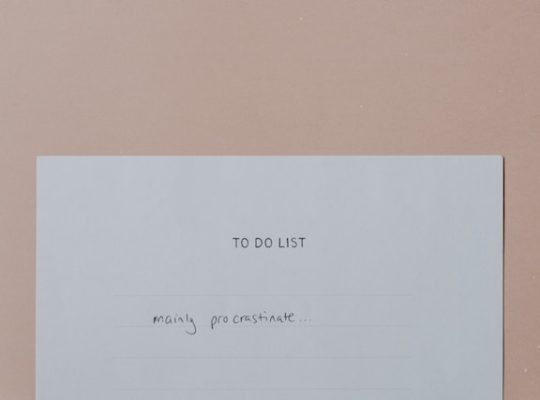Over the last month I’ve discussed the reasons why we overeat and become overweight.
We overeat due to overdesire and overhunger as well as emotional discomfort and physical cravings.
I’ve discussed several tools to address all of these issues and if you’ve missed any of them or want to review, feel free to go back and read about any that you want to understand more.
Even if you’ve kept up with every tool I described and did all of the mental exercises I suggested, you are still human and you will make a mistake.
There are two things that most people do when they make a mistake, and neither of them are helpful or will move you in the right direction.
One thing people often do is to ignore the mistake or make it no big deal. They might say something like “I just fell off the wagon or I just went overboard this time and I’ll be good again next week.”
The other thing they often do is to beat themselves up. They might tell themselves something like “I’m just out of control” or “I can’t do this, it’s just too hard.” “I’m not good enough or strong enough to do this.”
Both ignoring your mistake AND beating yourself up and making yourself feel bad about the mistake do you no good. Both of these things will make it more likely that you will make the same mistake again, and that’s not what we want to accomplish here.
We want to learn from our mistakes.
We want to grow from our mistakes.
We want to use our mistakes as opportunities to understand ourselves more and strengthen our relationship with ourselves.
The way to do that is to study our mistakes. We want to be curious about them and understand what happened in a nonjudgmental, loving way.
Ask yourself what happened.
Did something trigger you in that situation?
What were you feeling?
What were your thoughts at the time?
Why did you have a hard time allowing the urge?
Why did you resist it or give in to it?
Your lower, primitive brain doesn’t want you to question what happened. It doesn’t want you to pay attention or be conscious.
It just wants what it wants when it wants it.
It’s like a toddler who wants the toy or candy RIGHT NOW! He doesn’t care why he wants it or if he needs it or how he is feeling or what he is thinking. None of that matters to him. He wants it now or he will throw a tantrum.
If you don’t let the toddler have the toy or the candy, the tantrum will start and he will kick and scream and even hit you if you get in his way. He doesn’t care if he hurts you, he only cares about getting what he wants.
The same is true of your lower brain. It will find any reason to beat you up, too.
If you don’t give it what you want, it will try to make you feel bad by telling you that you’re no fun or you don’t know how to have a good time.
If you do give it what it wants, afterwards it will tell you how you are weak and have no control and will never achieve any goal you want because you’re not good enough.
If you let your lower brain run your life, it’s like letting your toddler run your home.
It’s pure chaos.
Yet that’s how most people live their lives.
They let their toddler brain run their life instead of the higher, more evolved, prefrontal cortex that is the mature adult who knows what is best for us and really wants to take care of us.
Who do you want to listen to? Who do you want to run your life?
If you listen to the mean toddler, your life will always feel out of control.
Take back the control and keep your higher brain in charge, even when you make a mistake; ESPECIALLY when you make a mistake.
The toddler likes mistakes and will take advantage of them.
You know better. You know that you can just let the toddler have his tantrum and then eventually he will calm down.
Tell your toddler brain, “It’s ok. I know you’re just having a tantrum. You’re upset and that’s ok.”
Every time you do that, you will practice letting your mature adult brain be in charge.
The more you practice, the easier it will get.
I hope you have found these tools useful. Even if you only take one of them and implement them into your life, it can make a huge difference. Remember that one small change practiced again and again can become a huge transformation with time.
If any of this resonated with you and you want to learn more, feel free to reach out to me by email at mindfuldocmom@gmail.com or you can schedule a free call with me at my link below.





